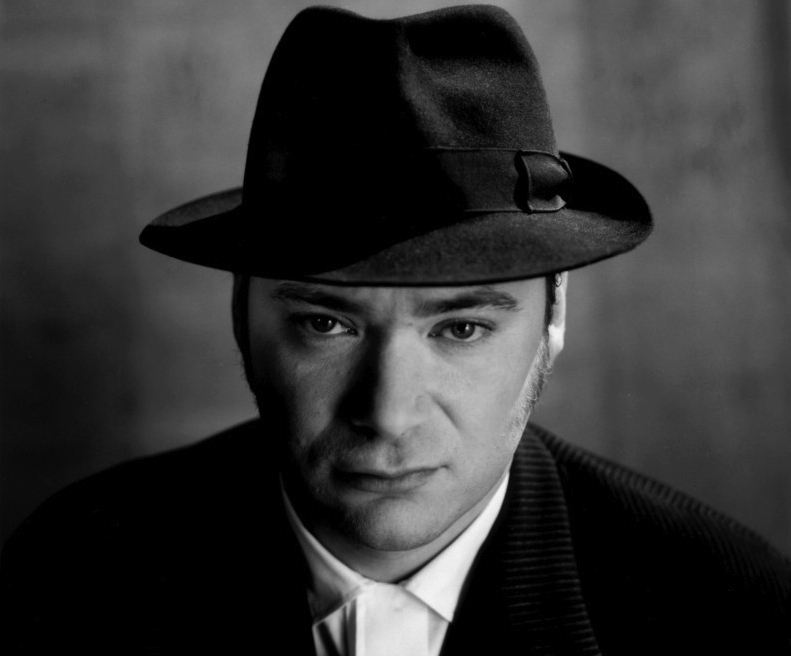




January 30, 2014
“I feel like the violin is a continuation of my body. I grew up with violin and one of the things that make me glad is that I'm still learning. The instruments on chords are the closest to the voice, and the possibilities to express with violin are endless, unlimited.”